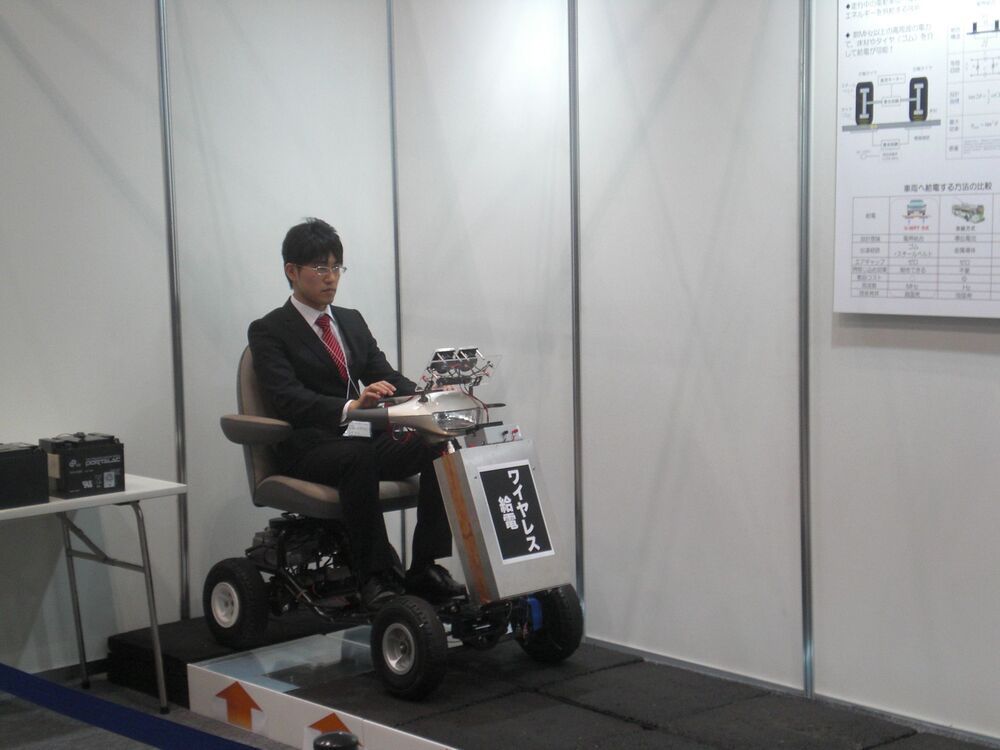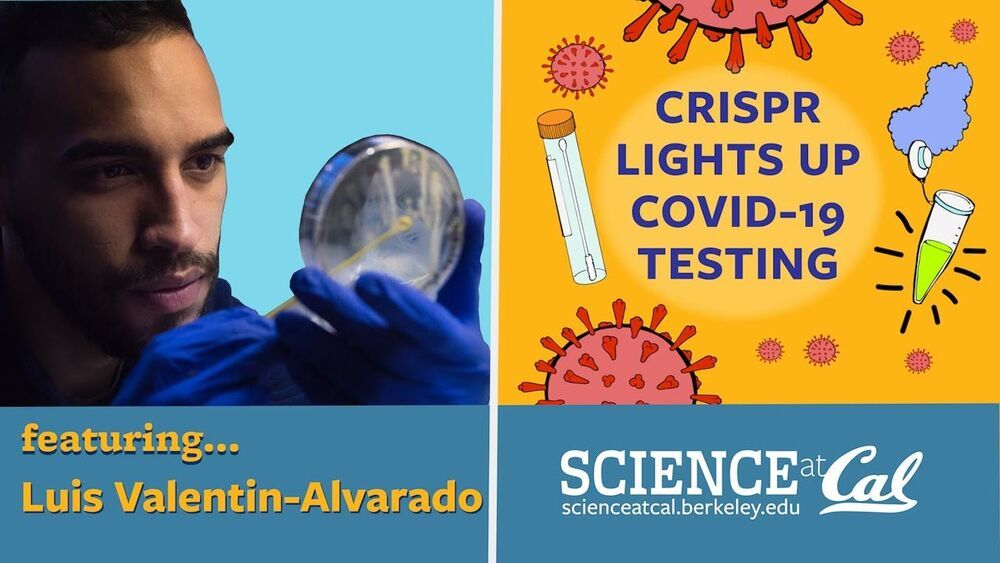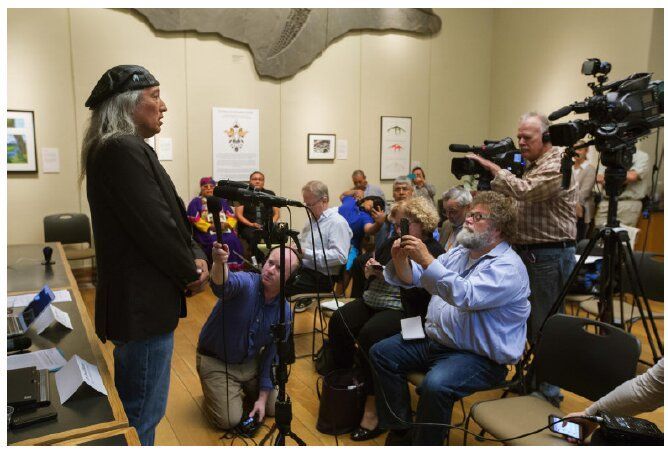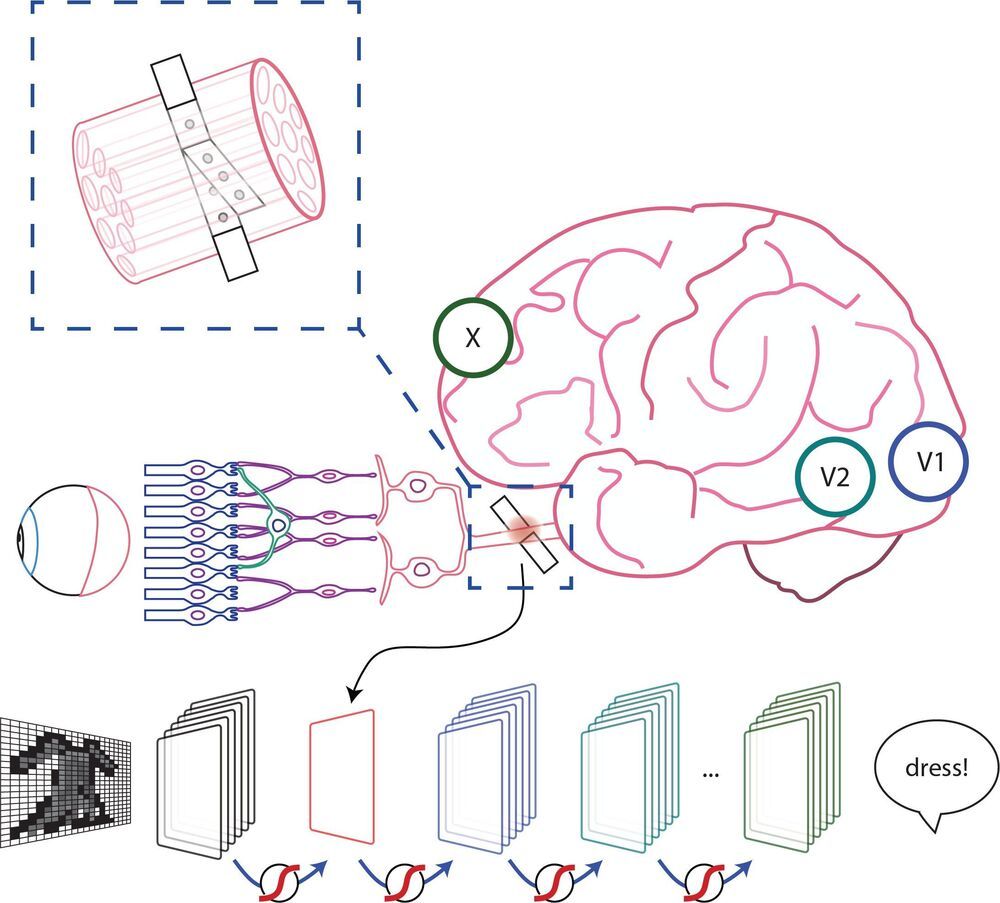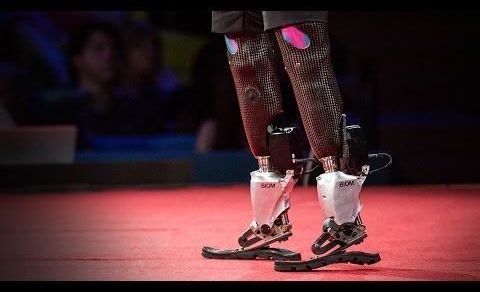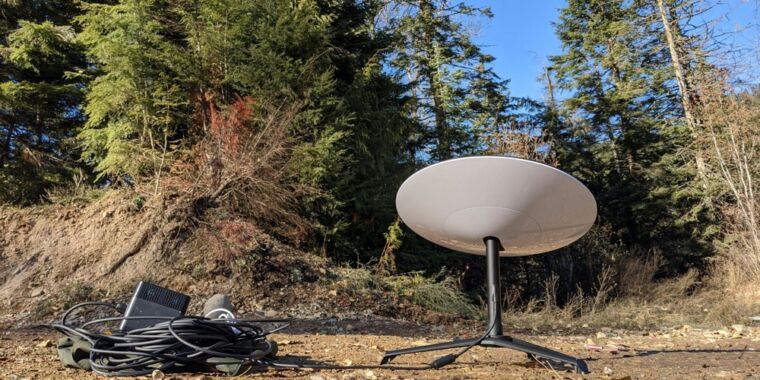Jun 16, 2021
Prototype EV powered by radio frequency transmission demonstrated
Posted by Quinn Sena in categories: energy, sustainability, transportation
Circa 2014 o,.o.
Two issues preventing the widespread uptake of electric vehicles are recharging time and lack of range. Now, scientists have shown one potential means of negating these issues. Their demonstration of electric power transfer via the car-wheel is claimed as the world’s first.
Electric vehicles can already be powered via infrastructure in the road. The South Korean city of Gumi uses a means of electromagnetic induction to power some of its buses. This newly-demonstrated method, however, uses radio frequency transmission.
Continue reading “Prototype EV powered by radio frequency transmission demonstrated” »
